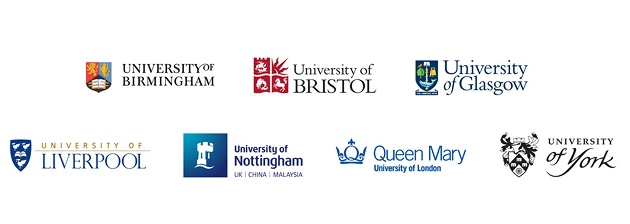Search Universities
| Country | University | |
|---|---|---|
- Home page /
- Universities /
- Master's programs in Canada
Master's programs in Canada
UNIVERSITIES WHERE YOU CAN TAKE MASTER/MBA
-
University of Toronto
-
University of British Columbia
-
McGill university
-
McMaster university
-
University of Alberta
-
University of Montreal
-
University of Waterloo
-
University of Ottawa
-
University of Calgary
-
Western university








Arzuwlaryma yol açan merkez
Men bu merkezde diňe bilim däl, eýsem uly goldaw we ruhlandyryjy gurşawy tapdym. Mugallymlaryň sabyrlylygy we ugrukdyryşy üçin örän minnetdar.More
Gurbanýazowna Gülşat Begenjowa
Student
Netijeli bilim, güýçli maksat
Globalda okamak bilen bilimime bolan garaýşym düýpgöter üýtgedi. Indi men maksat goýmagy we şoňa tarap sabyr bilen işlemäni öwrenýärin.More
Gurbanýazowiç Omar Gurbanýazow
Student
Globalda alan tejribän
Men "Global" okuw merkezine gatnap başlanym bäri özümi has kämilleşdirdim. Indi men daşary ýurt okuwlaryna girmäge taýýarlanýaryn. Bu ugurda maňa "...More
Nazarow Bagtyýar Begnazarowiç
Student